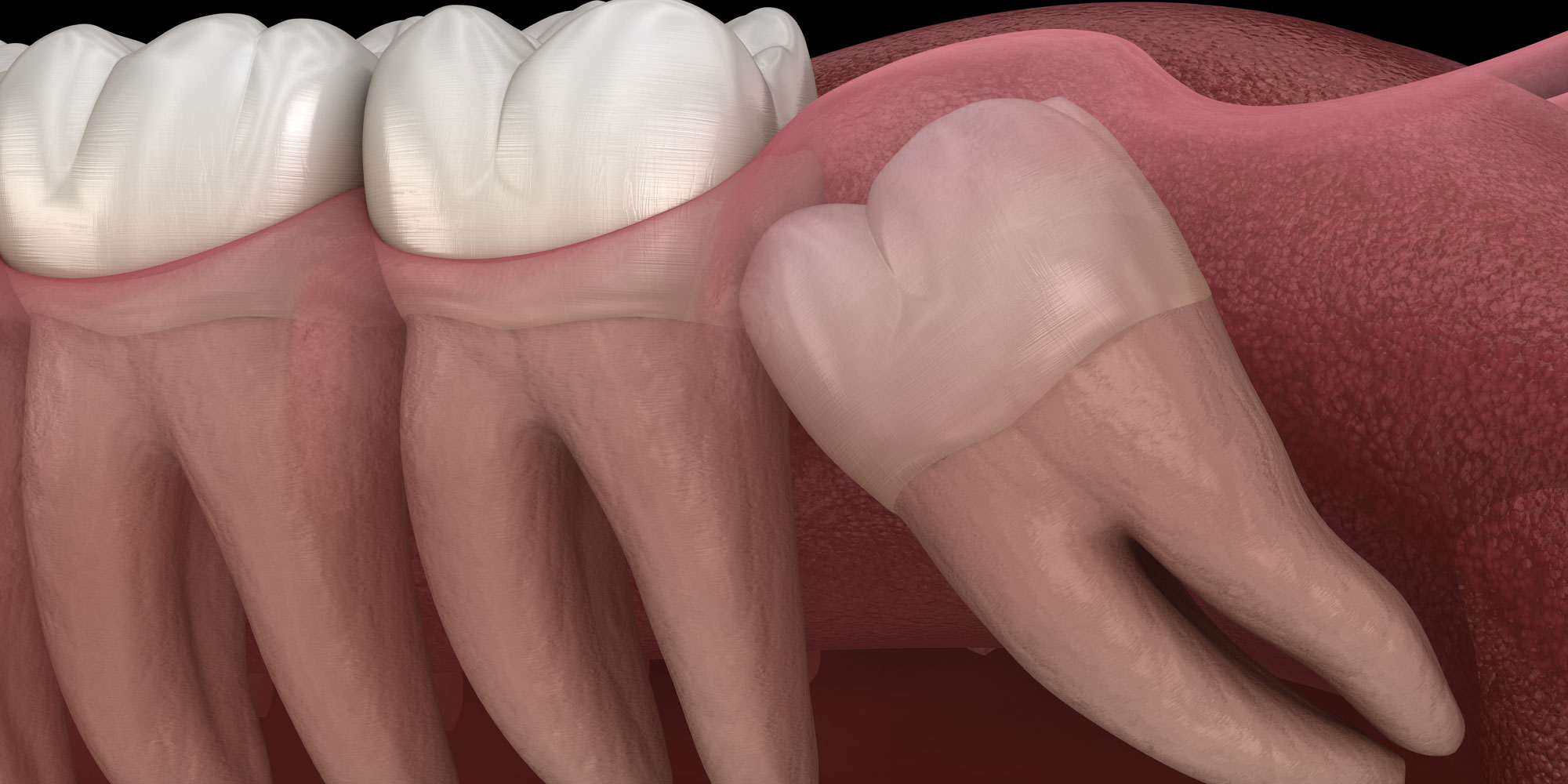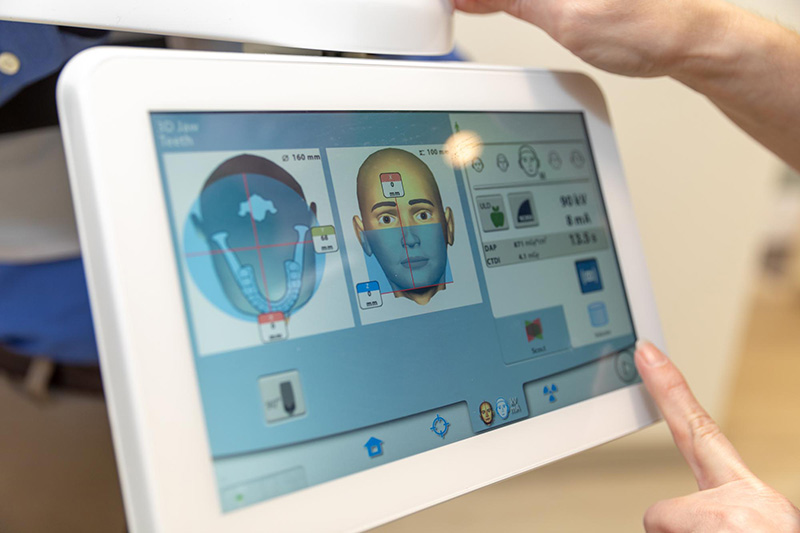If you’re faced with needing wisdom teeth extraction, know you’re in the hands of experts at Ellis & Evans Oral Surgery. Our board-certified oral and maxillofacial surgeons have completed thousands of wisdom tooth extractions in our decades of experience and are experts in these surgeries. In fact, extracting wisdom teeth in Gahanna and Upper Arlington, OH is one of our most common treatments and a type of surgery we complete almost every day. Like all the patients before you, you’ll have a comfortable experience in our state-of-the-art surgical practice with assistance from anesthesia and our decades of experience. In just a few days, you’ll be back to feeling like your normal self, free from any worry or pain caused by wisdom teeth.

In most cases, wisdom teeth (or 3rd molars) don’t erupt as they should and often become impacted. Even if you can’t see your wisdom teeth through your gum tissue, that doesn’t mean they’re not doing harm below the surface. Wisdom teeth can sometimes grow in horizontally or at an angle and can damage neighboring molars. The area may also develop a cyst or infection that is harmful to your bone, gum tissue, and existing teeth. It’s important to watch for the signs of impacted wisdom teeth, including:

We understand if you’re feeling anxious about surgery, but your wisdom teeth extraction is nothing to fear. Our Columbus, OH team’s surgical protocol includes CBCT imaging technology, which takes 3D scans of your mouth to assess the location and angle of your wisdom teeth in your bone. Using these images, we can precisely plan your treatment, so on the day of surgery, your procedure will be efficient and minimally invasive. You’ll be able to return home the same day and will only need over-the-counter medication to control any discomfort or swelling you’ll experience for the next few days. We’ll provide all post-operative instructions and encourage you to contact our office at any time if you have questions or if you experience complications. However, if you carefully follow our instructions, you should be fully recovered and can return to normal activities and exercise in just a few days.
I understand the information disclosed in this form may be subject to re-disclosure and may no longer be protected by HIPAA privacy regulations and the HITECH Act.
I understand the information disclosed in this form may be subject to re-disclosure and may no longer be protected by HIPAA privacy regulations and the HITECH Act.
